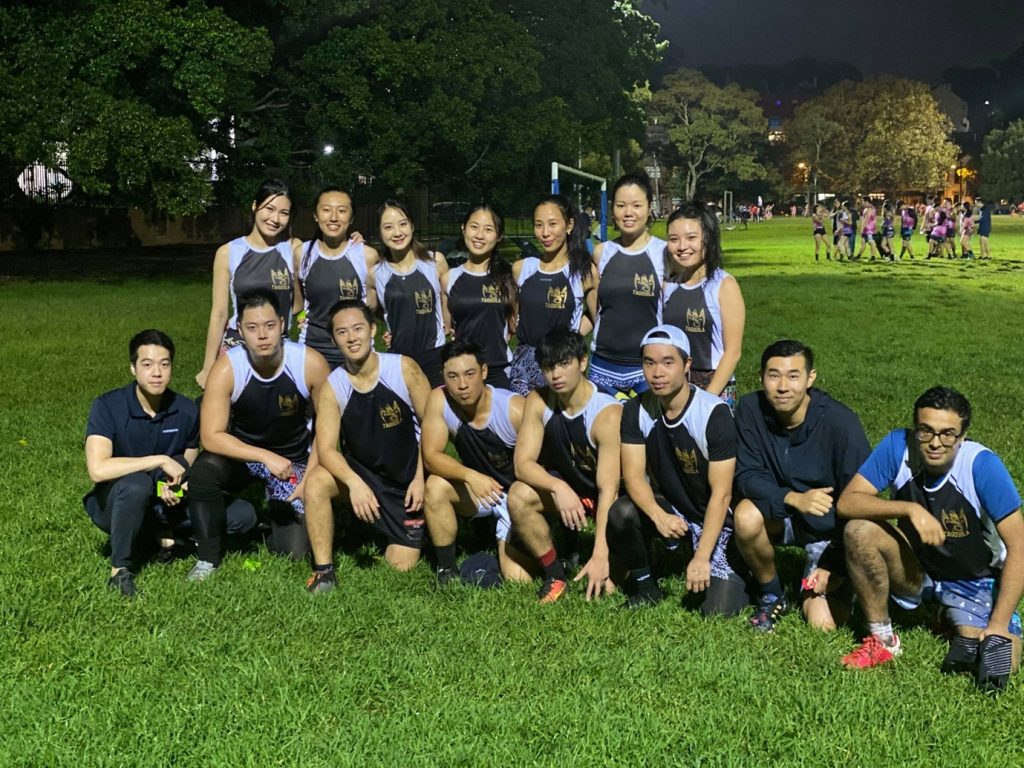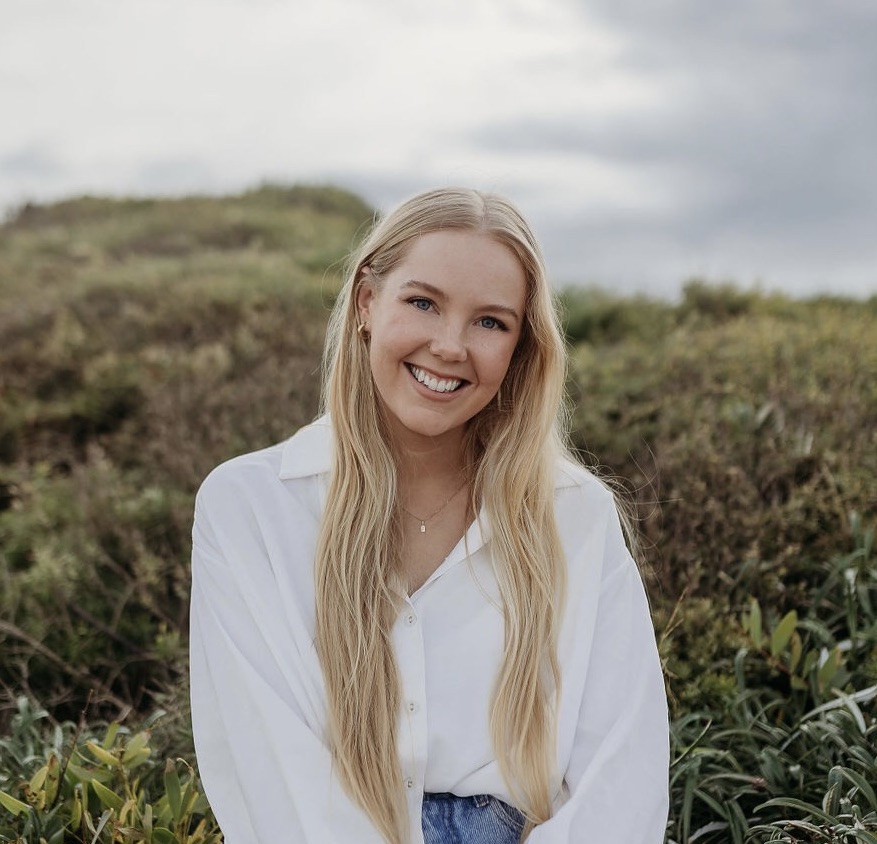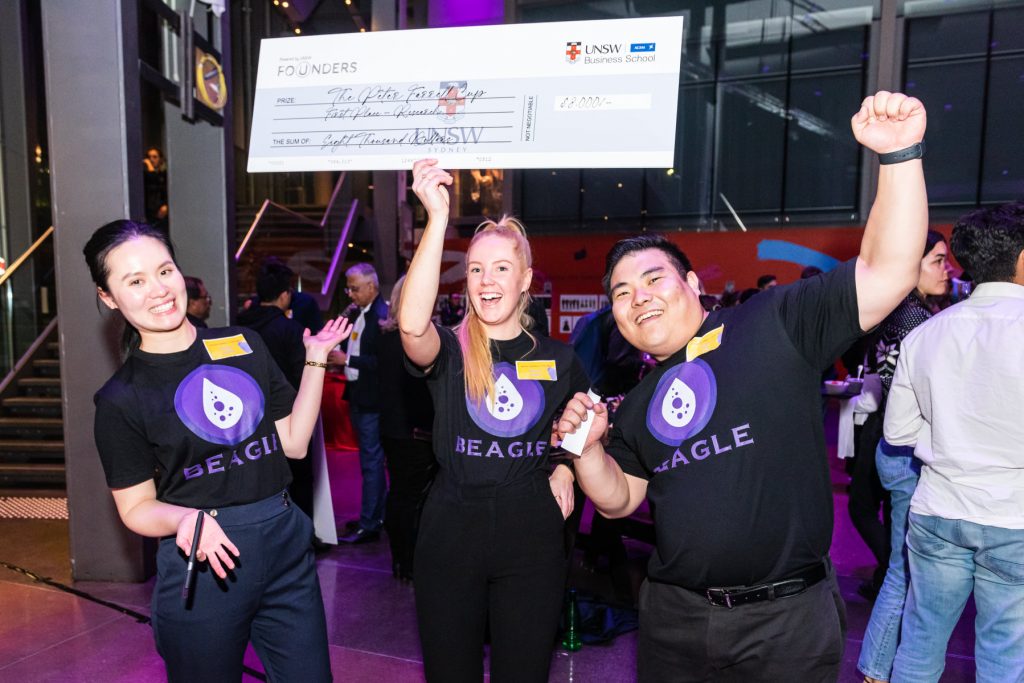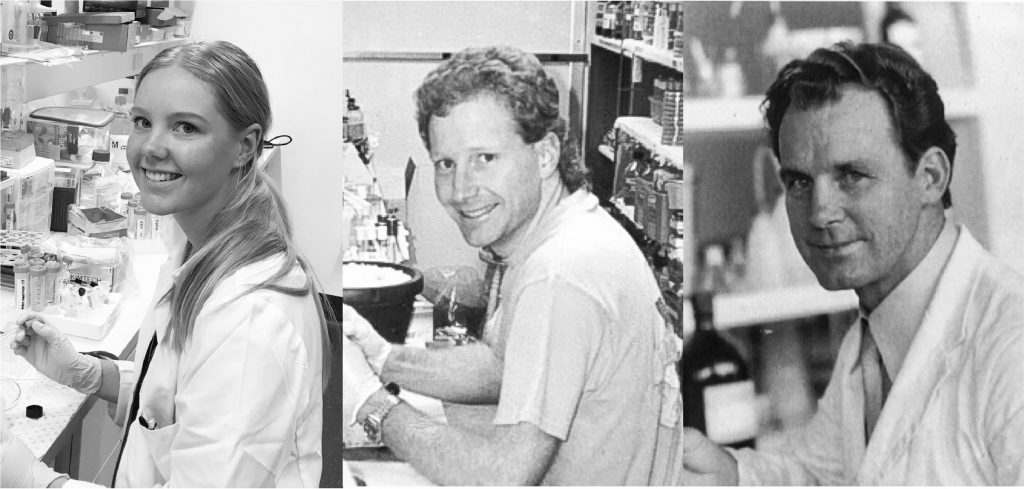By Vina Putra
Sophia is a PhD candidate in the School of Psychology, UNSW. Her research looks into how the brain learns to perform specific actions in order to produce certain outcomes, otherwise known as goal-directed behaviour. In particular, she studies the activity of different parts of the brain to understand their role in the action-outcome learning process. Understanding the communication within the brain during this process could be the first step towards improving learning ability and addressing the learning challenges commonly seen in our aging population, especially those with dementia.

Throughout life, we continuously learn new things that help us achieve our goals or simply to just get things done. For example, learning to drive a car, opening a push/pull door, or operating a machine. These are known as goal-directed behaviour – when we perform action that results in desired outcome, the action-outcome relationship. While much is known about how our brain understands the action-outcome relationship after long periods of time (Matamales et al., 2020), Sophia’s work focuses on the very early stages of this learning and the areas of the brain that receives this action-outcome relationship way before it is retrieved by other regions of the brain.
Without realising, humans learn action-outcome relationships every day. This learning consists of three main stages: 1) acquisition when we first learn the information, 2) consolidation when we remember that learning, and 3) retrieval, when we retrieve that memory so that we can perform the learned behaviour. In her research, Sophia has shown that early in the acquisition stage, the prelimbic cortex is the region responsible for how we learn that action produces an outcome. Later on, she explores another region called the dorsal hippocampus which is important in acquiring contextual information – that is, the dorsal hippocampus helps us know where it is appropriate to perform or apply those relationships. While the two regions are responsible for similar functions, they are, however, not connected at all directly in the brain. Sophia’s work investigates the possible pathways or how communication occurs between the two regions in mediating learning.
Unfortunately, in the aging population, the ability to learn action-outcome relationships deteriorate. This can become very distressing, especially for people with dementia who begin to lose their ability to learn and retain new learning memories in every aspect of life. “Understanding how the two involved regions talk to each other means that we can then start to figure out what biological components are involved, which could be important targets in the development of therapeutic or pharmaceutical alternatives for dementia patients.”, Sophia shares the excitement for the future possibility of applying her research to clinics. This is how her research becomes the first step to improving learning in aging populations.

Working as an allied health professional to help others heal and improve their health has always been Sophia’s purpose. This led her into pursuing science in high school, although she admitted that she disliked biology and chemistry. For her high school exam, Sophia recalled that chemistry ended up being the subject that she performed the worst at and how it affected her overall score. The surprising twist was that among the range of allied health subjects that she wanted to do after high school such as physiotherapy, speech pathology, and occupational therapy, she also listed psychology without realising that it is a science subject. Soon in her psychology degree, she found herself enjoying the research work in behavioural neuroscience, studying various drugs’ effects on nervous systems, the modulation of pathways and behaviour – being immersed in more biology and chemistry than ever before.
In her second-year undergraduate study, Sophia received the UNSW Summer Science Vacation Scholarship which allowed her to experience research in social psychology early on. Under the mentorship of Professor Lisa Williams, Sophia worked on a collaborative project with the Red Cross Blood Donation Centre where she investigated how emotions shape the experience of first-time blood donors and influence their return rate for future donation (Williams et al., 2018).
Sophia’s journey to her current research started from her fascination with the possibility in manipulating the brain. When she joined Prof. Bernard Balleine’s lab as an honour’s student, Sophia learned the techniques of turning on/off specific regions in the brain. This process typically involves injecting a virus that causes the brain to express certain receptor proteins that can later be activated by a specific drug. When the virus is injected into specific brain regions, the virus makes receptors multiply, and the receptors will only be activated with a certain drug – clozapine (commonly used) – injected at a certain timepoint, resulting in brain regions turning on/off. This then translates to changes in behaviour that can be monitored to support the relevant hypothesis.

Going back to her honour’s year, Sophia was looking to turning on the region called the orbitofrontal cortex, hypothesised to be involved in learning some actions that produce no outcome. The increased activity of this region is shown in patients with obsessive-compulsive disorder (OCD) where they compulsively perform actions even though they learn no outcomes would appear (Ursu & Carter, 2009). Sophia used animal models and train them on action-outcome relationships for a period of time before removing the outcome. She then observed whether animals with increased activity in the orbitofrontal cortex would still perform the actions, even if they get no reward. Sophia then continued working as a research assistant in Prof. Bailleine’s lab, working on a project that closely links to her now PhD research. Using the same virus-mediated brain manipulation technique in rats, she turned off the dorsal hippocampus region and trained those rats on action-outcome relationships to study the pathways in goal-directed learning.

Sophia enjoys many things that come with being a PhD candidate such as teaching undergraduate psychology courses, mentoring honours students, and seeing new findings emerge from her experiments. Apart from science, Sophia also loves history, and she always finds the chance to visit museums and historical sites wherever she travels, to learn about the different stories and the people of that area. She also enjoys watching movies and playing OzTag – her favourite ways to have a break and have fun.
As a champion, Sophia’s advice to young women who would like to pursue science is, “Don’t doubt yourself! Even if you don’t do well in science in school, it should not stop you from having career goals in science. The important thing is if you are passionate about something, go for it because you will adapt, learn, and grow.”
Follow Sophia on Twitter @SophiaLiang_






